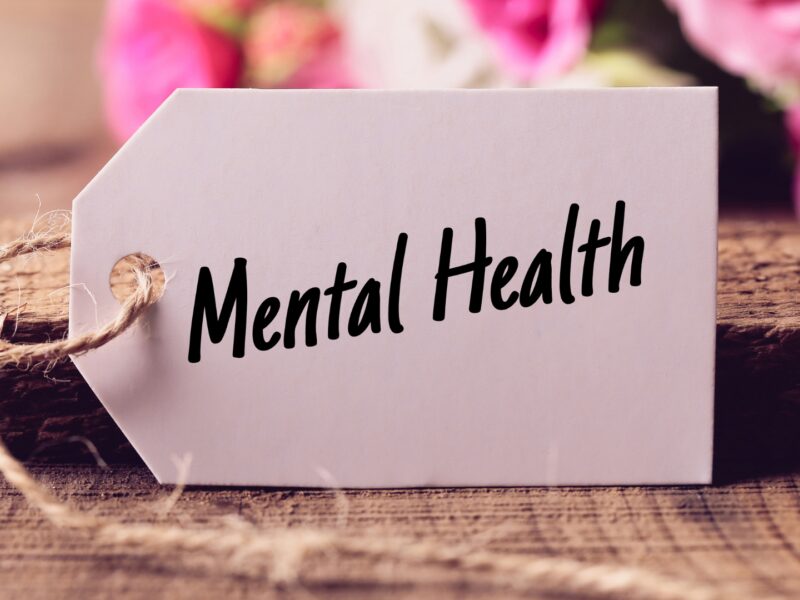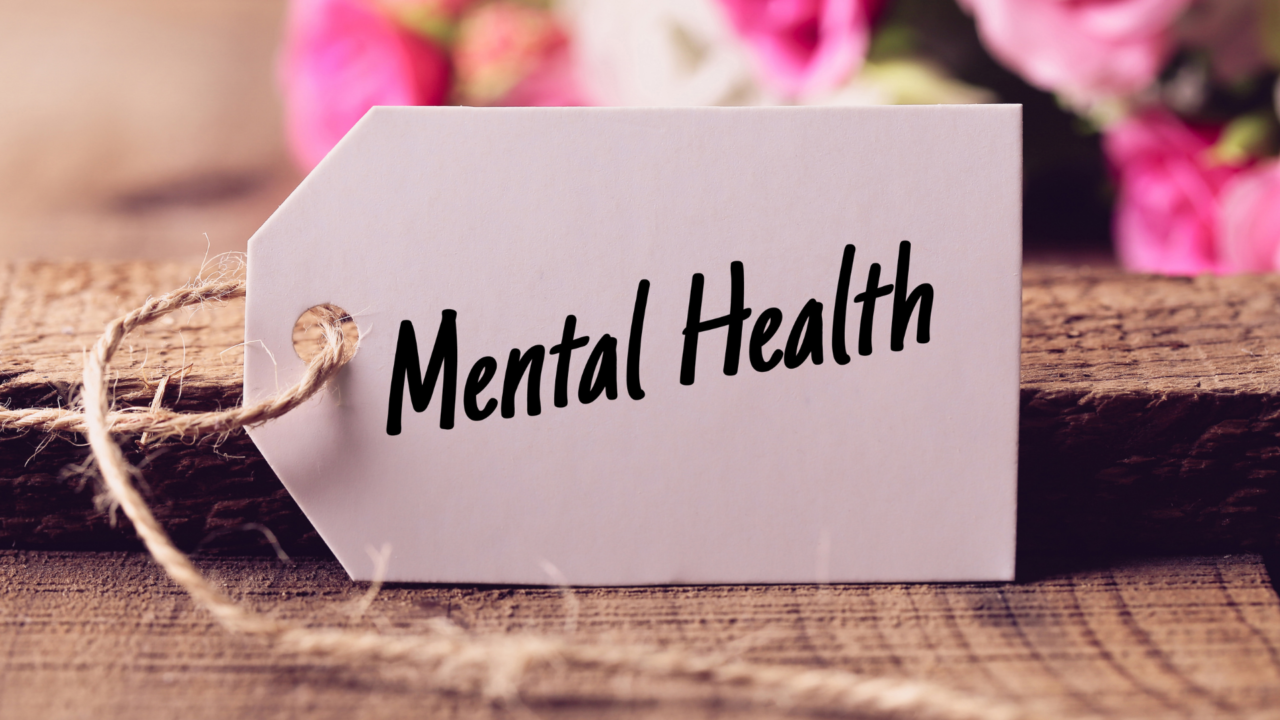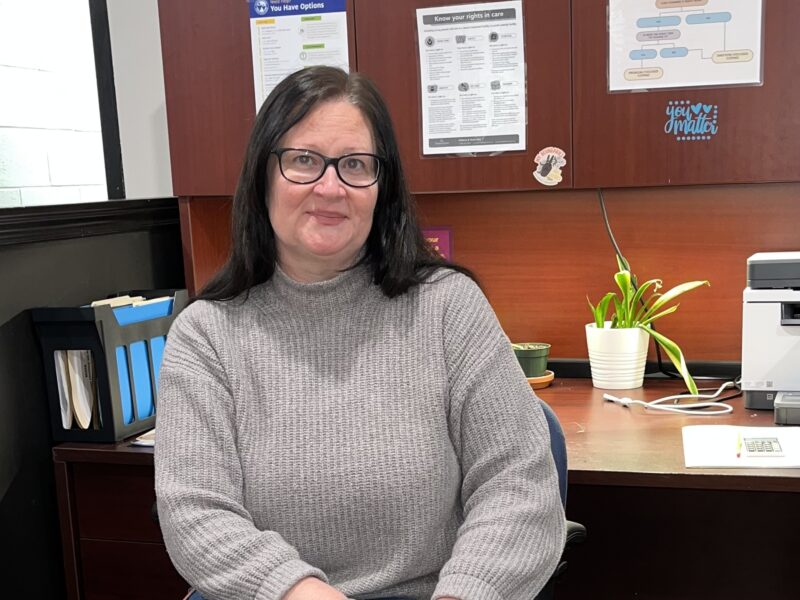Managing Your Mental Health During a Pandemic


Considering how unprecedented our days can be now as well as living in a constant state of flux, we may find ourselves, our coworkers and our friends and families having trouble coping. Globally, we are all experiencing the affects of COVID-19 in some capacity. Here are four ways to manage your mental health during a pandemic:
- Taking care of you: There is a lot that goes into taking care of yourself. Physically, we should be ensuring that we are getting enough sleep, eating well, and moving our bodies. Included in eating well, is avoiding excessive amounts of alcohol, tobacco, or other substance use. Another way to take care of yourself physically is continuing with preventative measures as recommended by your health care provider (keeping up on yearly physicals or testing) and one of the best preventative measures – getting not only the COVID vaccines but ensuring you are up to date on all your vaccines.
- Connect with others: We seek connections from others which makes it extremely contradictory when we are supposed to stay away from others – especially those you love. One way you can feed this need for connection is moving your groups online if possible. Book clubs, weekly family check ins, or playing multi-player video games with friends and family are great ways to still enjoy each other’s company from afar. Not everything has to be online though, depending on our Public Health restrictions/guidelines, we can have visits that are socially distanced but still in person. Community groups and faith-based organizations are finding creative ways to connect with one another offline (such as outdoor church services).
- Breaks: The news, while informative, can also be a lot of cause for our poor mental health. Making sure that we are taking breaks away from reading, watching, or listening to the news (and this includes social media!) encourages us to find other activities to engage in. Healthy ways to take breaks from the news and social media can include setting specific times in the day where you will (or will not) access it. For example, if you are having a family game with your children, placing your phone in another room helps you not only be present during this activity but is a break from the constant outpouring of information.
- Access help and support: It is okay to need help and some extra support – especially now. If you already have someone close to you that you can talk to or a mental health professional, make sure you are continuing to connect with them. You can also access EAP services through your job if offered or online resources. It might also be helpful to know regional or national crisis support lines either for yourself or for a friend/family member.
Instagram Feed
"Immigrants can have issues with languages, workplace cultures, and a lack of a network of people. Starling listened to me and offered great advice. Local employers should consider hiring recent immigrants as we have so much to offer and are looking for a chance to prove ourselves."












